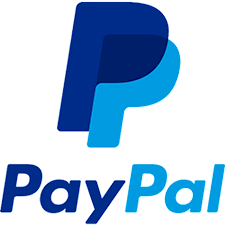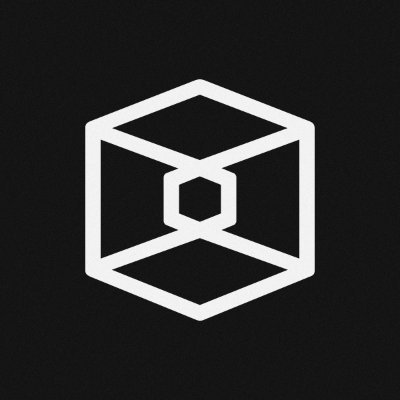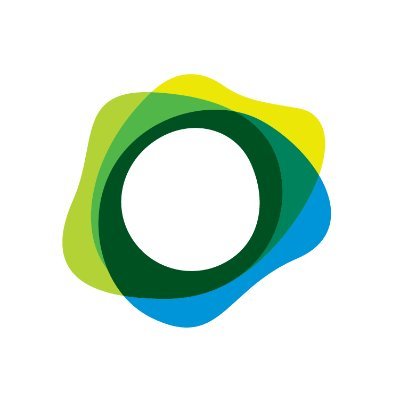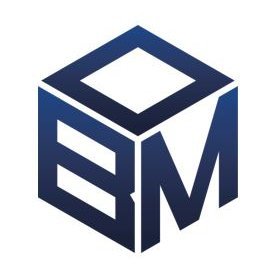Three issues facing PayPal's stablecoin: usability, gas fees, and outdated technology
Original source: TheBlock
Compiled by: Kate, Marsbit
PayPal stated that its PYUSD stablecoin allows customers to "buy, sell, hold, and transfer" the newly created digital currency.
However, some social media users questioned PayPal's use of an older version of the programming language in its smart contracts.
The stablecoin is issued as an ERC-20 token on the Ethereum blockchain, and the high gas fees associated with using the protocol may make transaction costs expensive.
After at least two years of consideration, development, and delays, digital payments giant PayPal has finally launched its own dollar-pegged stablecoin, allowing users to "buy, sell, hold, and transfer" tokens on its platform. This may not sound like much, as it essentially replicates what people can already do with a checking account or an existing PayPal account holding dollars.
In an explanation posted on its website, the company asked, "What can you do with PayPal USD (PYUSD)?" The company stated that this token can be sent for free to eligible accounts in the U.S. It can also be used for online shopping, just like using regular dollars or credit cards.
The company added, "If you want to switch things up, you can use PYUSD in our conversion feature to buy different cryptocurrencies we support."
While PayPal indicated that the stablecoin would be rolled out to eligible U.S. customers starting today, when The Block checked, its website did not immediately show an option to purchase PYUSD. Its website requires users to provide a Social Security number to access crypto services.
The company stated that it would allow users to purchase PYUSD and then convert funds into Bitcoin and Ether using "exchange rates (including the spread that PayPal earns on each purchase and sale)."
CT's Reaction to PayPal's Stablecoin
Users on social media also questioned what this token could be used for and who might want it.
"Who would buy PayPal's stablecoin?" asked a self-identified smart contract researcher on Twitter, whose handle is @ShieldifyAnon, pointing out that the payment company's new stablecoin "uses an old version of Solidity from 2018."
Other users, including software engineer @0xCygaar, who frequently discusses crypto on social media, raised concerns about how PayPal's new token allows "owners to pause all transfers… freeze addresses to prevent actions taken… (and) administrators to arbitrarily increase total supply, among other issues."
The decision to issue PYUSD on Ethereum has drawn significant attention, with some stating that this choice marks a watershed moment for the protocol.
Bankless founder Ryan Sean Adams stated, "PayPal has 430 million active accounts." "If you want, sleep on that. Ethereum is becoming the monetary layer of the internet."
Ethereum Fees
However, some have questioned this strategy, arguing that the costs of transacting on Ethereum are high.
Web3 enthusiast David Phelps wrote, "PayPal launched a stablecoin on the Ethereum mainnet instead of dozens of stablecoins that only cost two cents, which they could have used instead. Honestly, it's a clever way to ensure their own high fees look like an insignificant speck next to gas."
PayPal itself seems to acknowledge that high costs may also arise outside its ecosystem.
"However, please note when purchasing PYUSD that when you buy outside of PayPal, you may find different prices and fees," it wrote in its explanation about the token.
PayPal's Crypto History
PayPal has been active in the crypto space for some time, allowing customers to hold cryptocurrencies such as Bitcoin, Bitcoin Cash, Ether, and Litecoin. In its Q1 financial report this year, the company revealed that it holds nearly $1 billion in cryptocurrencies for its customers.
Since last year, users have been able to transfer cryptocurrencies between PayPal and other wallets.
The company has also invested in blockchain startups, including recently leading a funding round for Magic, a digital wallet provider that helps businesses migrate customers to web3.
PayPal's Stablecoin Journey
The Block reported in 2021 that PayPal began exploring its own dollar-pegged token and had communicated with some stablecoin protocol developers in the industry.
At that time, the cryptocurrency industry was at a high level, with billions of new capital flowing into the sector, and a series of catastrophic bankruptcies and regulatory actions had yet to occur. Earlier this year, PayPal's stablecoin ambitions faced obstacles when it paused its plans amid reports of an investigation into Paxos.
Despite the scrutiny, Paxos remains PayPal's partner in launching the stablecoin. The company stated on Monday that this collaboration is a milestone for the industry.
"The World's Safest Dollar-Backed Digital Asset"
Paxos wrote, "PYUSD is the first of its kind, representing the next phase of dollars on the blockchain." It is referred to as "the world's safest dollar-backed digital asset."
As expected, this news was not welcomed by all crypto enthusiasts, with Blockware Solutions chief analyst Joe Burnett bluntly criticizing the product's launch.
He wrote, "The crypto community cheering for PayPal's launch of a dollar stablecoin shows they have completely lost their minds." "Buy Bitcoin. Put it in cold storage. That's innovation. Not 'big tech companies investing in blockchain.'"
PayPal and Paxos did not immediately respond to inquiries regarding The Block's launch of the stablecoin.















